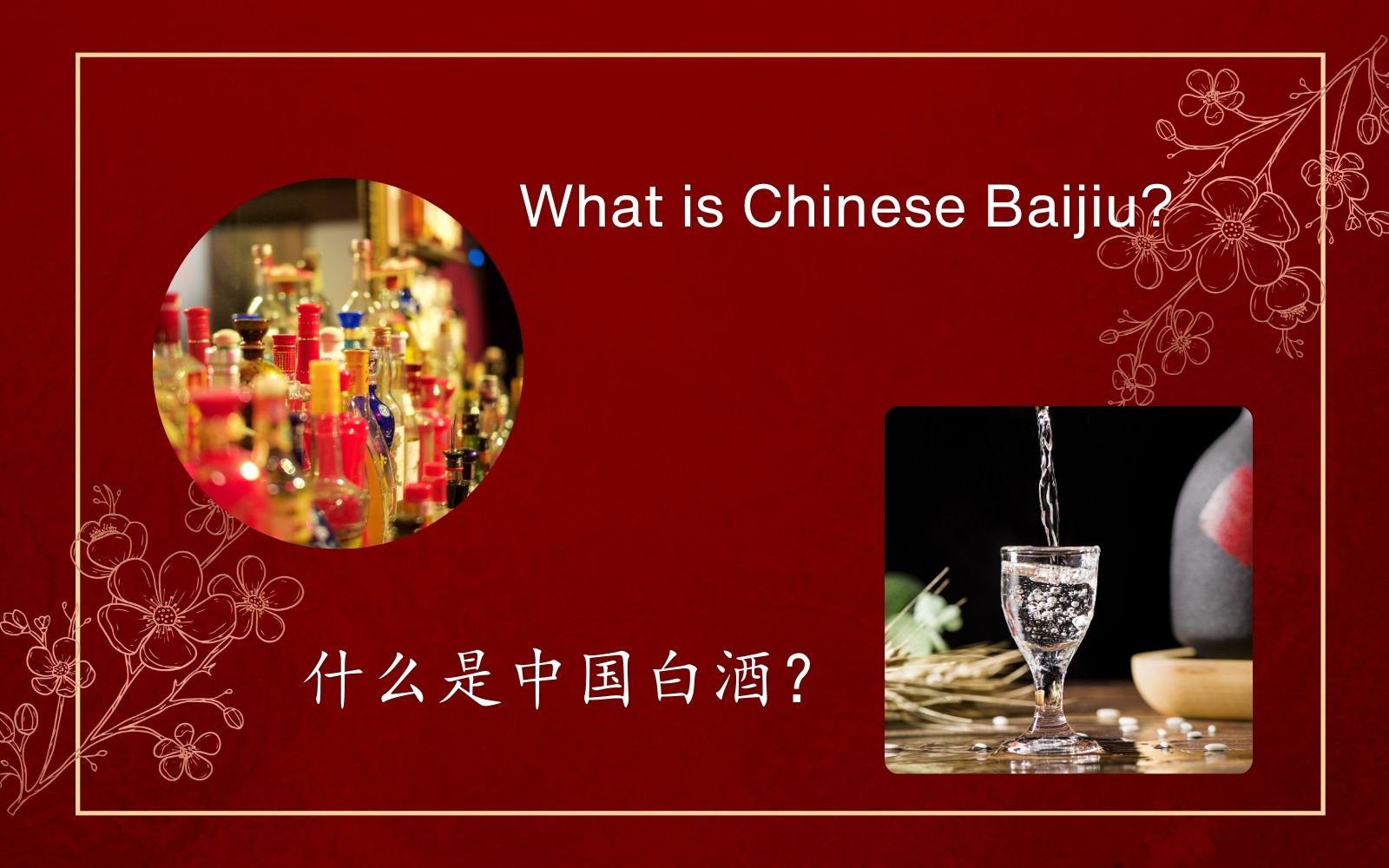Baijiu, also known as Chinese White Spirit, is a traditional Chinese liquor with high alcohol content, deeply ingrained in Chinese culture due to its profound cultural connotations and unique production techniques.
The history of Baijiu can be traced back 4000 to 5000 years. It is mentioned in Strategies of the Warring States (战国策) compiled by Liu Xiang during the Western Han Dynasty, where it is said: “In ancient times, the imperial daughter ordered Yi Di to make delicious liquor, which was presented to Yu the Great, who found it sweet.” This period predates the history of many countries. In ancient China, Baijiu was an integral part of all major occasions and celebrations, from imperial banquets and heaven worship to common people’s celebrations and family feasts.
The evolution of Baijiu has gone through various stages, from the initial un-distilled brewed liquor to the later distilled spirits, constantly evolving in both production techniques and cultural significance. The term “Shao Jiu” (烧酒) appears in Tang Dynasty poetry, as in Bai Juyi’s poem: “New ripe lychees are the color of rooster combs, burnt liquor first opened is the fragrance of amber.” A significant record in Li Shizhen’s “Compendium of Materia Medica” (本草纲目 )(Ming Dynasty) states that the method of distilling Baijiu originated in the Yuan Dynasty, involving mixing strong wine and lees, then distilling the vapor into liquid. This record is a primary basis for the theory that Baijiu originated no later than the Yuan Dynasty.
In Baijiu production, the choice of ingredients, including sorghum, wheat, corn, and glutinous rice, is crucial. The process includes a unique fermentation using special distiller’s yeast and distillation methods. Both traditional craftsmanship and modern technology aim to enhance the quality of Baijiu. Aging and storage are key to influencing its flavor, with different methods yielding diverse taste experiences.
The use of distiller’s yeast, a complex of multiple microorganisms, sets Chinese Baijiu apart from other distilled spirits globally. This yeast, available as Daqu (large yeast) and Xiaoqu (small yeast), acts as a fermenting agent, converting starch in grains to alcohol.
Different types of Baijiu reflect its diversity. Strong-aroma types like Wuliangye, Yanghe, JinShiYuan, and divided into Jianghuai styles, and Sichuan styles are known for their rich or subtly strong aromas. Sauce-aroma types like Maotai and Sichuan Langjiu exhibit unique sauce-like flavors, while light-aroma types like Fenjiu are sought after for their refreshing taste. Feng-aroma type, represented by Xifengjiu, is renowned for its mellow and elegant aroma. Other aroma types include rice aroma, medicinal aroma, mixed aroma, special aroma, bean aroma, sesame aroma, rich aroma, and old white dry aroma.
In Chinese culture, Baijiu is more than just a beverage. It plays a significant role in festivals, weddings, funerals, business, and social activities, being an integral part of Chinese dining culture. Pairing Baijiu with food is an art in itself.
Appreciating and tasting Baijiu is another important aspect of its culture. Learning to identify good Baijiu, understanding the nuances of color, aroma, and taste, and mastering the skills and steps of tasting through sight, smell, and taste are essential for Baijiu enthusiasts.
Regarding market trends, the Baijiu market is diversifying, with an increasing trend towards internationalization. In 2022, Baijiu sales were about 6.22 million kiloliters, with overseas exports of 16.4 thousand kiloliters, about 0.26%. The total sales revenue was 662.6 billion yuan, with overseas exports accounting for about 4.8 billion yuan, 0.72%.
In summary, Baijiu is not just a beverage but a carrier of China’s long history and rich culture, an integral part of the Chinese people’s emotions and life. As times evolve, so does the culture and craftsmanship of Baijiu, but its status in the hearts of the Chinese people remains unchanged. Baijiu is set to go global along with China.

